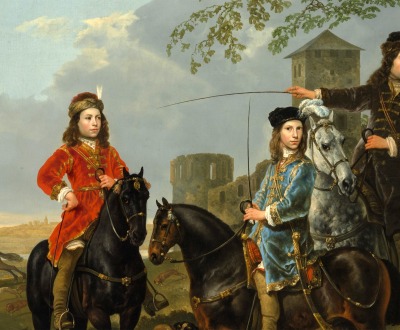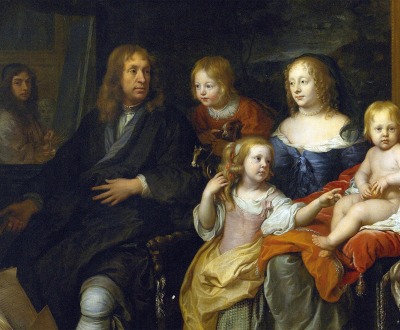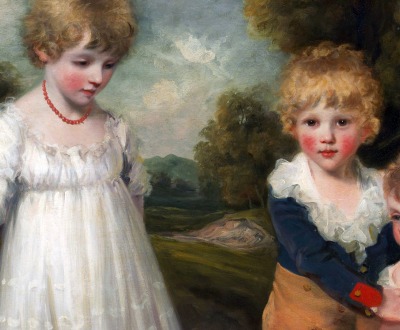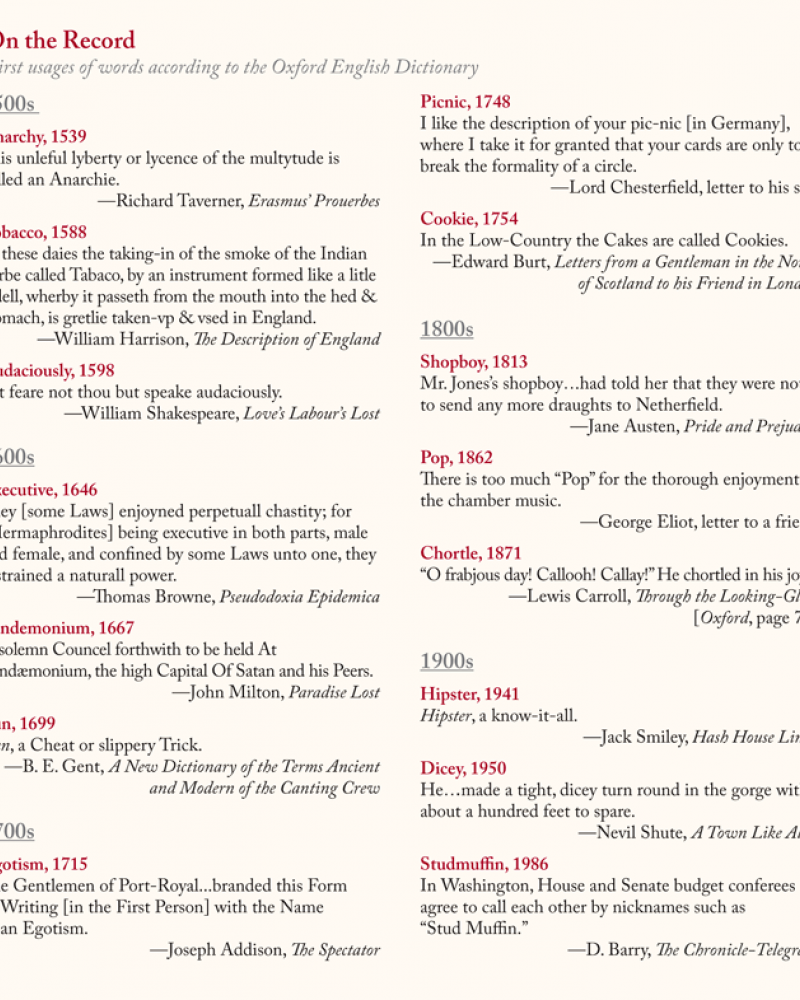Miscellany
Mark Twain was born on November 30, 1835—two weeks after the perihelion of Halley’s Comet. “I came in with Halley’s Comet,” Mark Twain commented in 1909. “It is coming again next year. The Almighty has said, no doubt, ‘Now there are these two unaccountable freaks; they came in together, they must go out together.’” He died on April 21, 1910—one day after the comet had once again reached its perihelion.
Miscellany
Among the anecdotes, descriptions, and stray ideas in F. Scott Fitzgerald’s Note-Books, a collection modeled on Samuel Butler’s famous version of the same name, are the entries: “story of the ugly aunt in the album,” “sent a girl flowers on Mother’s Day,” “reversion to childhood typical of the only child.”
Miscellany
While aboard a ship on which a fire broke out, Ivan Turgenev as a boy in 1838 is purported to have shouted in alarm, “Save me, save me, I am my mother’s only son.”
Miscellany
“Branwell—Emily—Anne are gone like dreams—gone as Maria and Elizabeth went twenty years ago. One by one I have watched them fall asleep on my arm—and closed their glazed eyes—I have seen them buried one by one—and—thus far—God has upheld me,” Charlotte Brontë at the age of thirty-three wrote on June 13, 1849.
Miscellany
Alfred D’Orsay Tennyson Dickens, Henry Fielding Dickens, Edward Bulwer-Lytton Dickens, Walter Landor Dickens, and Sydney Smith Haldimand Dickens were among the names of Charles Dickens’ sons. Among the brothers of Walter Whitman were George Washington Whitman, Andrew Jackson Whitman, and Thomas Jefferson Whitman.
Pages




